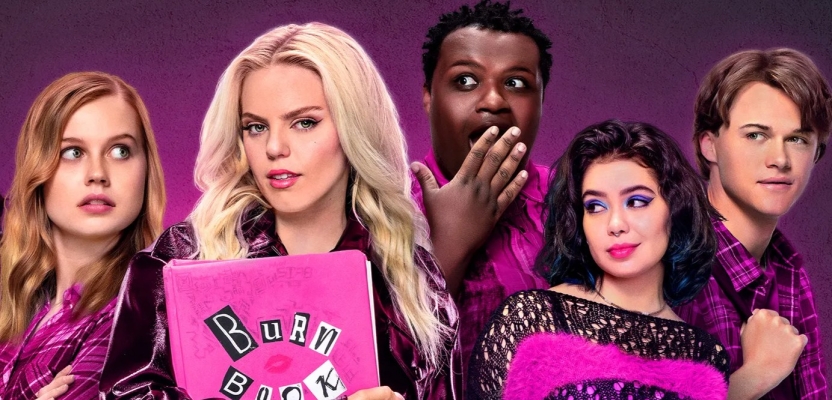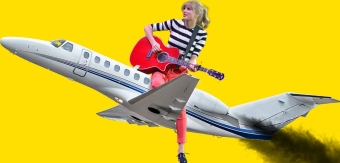I wasn’t exactly the target demographic when the original Mean Girls was released in 2004 but a former flame dragged me to see it and I’ll be forever grateful as it introduced me to the comic genius of Tina Fey. It’s the kind of film that could only have happened in the early noughties when there was still a hangover of 90’s kitsch from the former century and self-awareness and political correctness had yet to truly invade the entertainment space. It’s also a film that was forever destined to become a cult classic.
The thing with these cult classics, however, is that they tend to get stronger with age, as new generations are introduced, and the fealty of the OG fans emboldens and matures. As such, the Mean Girls “brand” was always going to be ripe for the picking when it came to most powerful force in marketing right now – nostalgia.
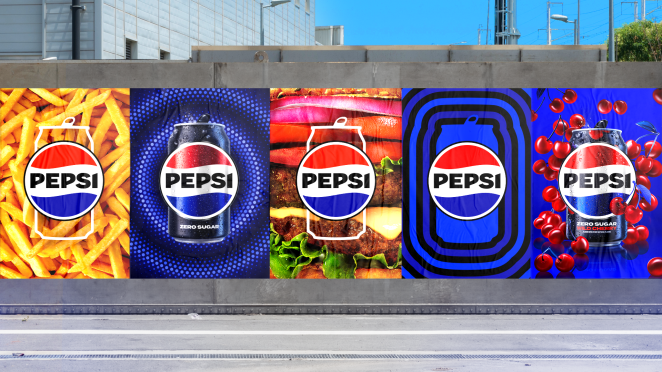
A nostalgic wave is sweeping across big brands right now, as lasty years’ Barbie film and Pepsi's 90s logo revival quite neatly underlined. "Mean Girls 2024" is a quintessential example of nostalgia coaxing, marking the twentieth anniversary of the original teen comedy - a cultural touchstone that remains a significant part of the 21st-century zeitgeist and the most quoted film of the 21st century.
The new iteration, a musical, aims to pique the interest (and massage the feels) of both original fans and a younger generation, exemplifying the delicate balance of old and new in brand marketing, particularly where beloved IP is concerned. But what does the new film, and its wild success, really say about nostalgia and its true marketing potential?
Why Big Brands Are Embracing Nostalgia
Nostalgia marketing taps unapologetically into our fond memories and emotional connections. For brands like "Mean Girls," (it might be a film but it’s definitely also a brand) this approach offers a unique opportunity to reconnect with a loyal, aging audience while also creating a bridge between generations, offering a shared cultural touchpoint that is both familiar and comforting. Given the wildly divisive and thoroughly depressing times we’re currently living through, that comfort has never been a more welcome salve and marketers know that all too well.
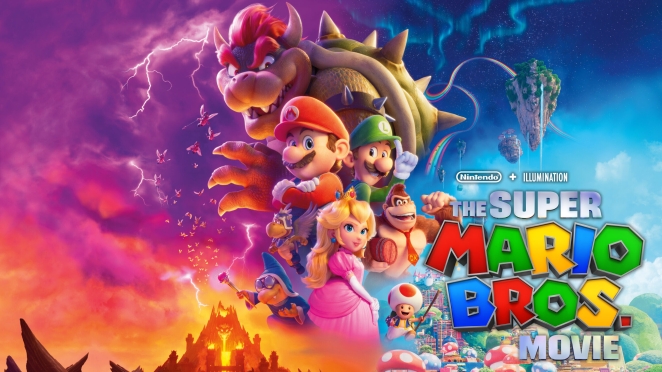
Nostalgia, you see, evokes a powerful emotional response, often associated with simpler, happier times and this emotional resonance makes it an immensely powerful marketing tool. Nostalgia can generate excitement and anticipation, regardless of quality, as audiences look forward to re-experiencing a beloved franchise in a new form. Just look at the furore that surrounded the Super Mario Bros movie. It was, in no shape or form, a terrible movie but it wasn’t exactly groundbreaking. What it did do, very cleverly, however, was take a basic, child-friendly story and sprinkle it with just enough “nods and winks” to the franchise’s history to appease the parents. The result was an undeniable marketing triumph, if not exactly a cinematic classic.
Balancing the Old with the New
Of course, there’s a careful balance to be negotiated when dealing with legacy brands. They need to honour the essence of the original - in this case, the witty humour and relatable characters of "Mean Girls" - while innovatively adapting to current trends and audience sensibilities. The incorporation of a musical format (presumably taken from the popular stage musical) was a clever move here, as it allowed the filmmakers to maintain the core elements that made the original popular while offering something new.
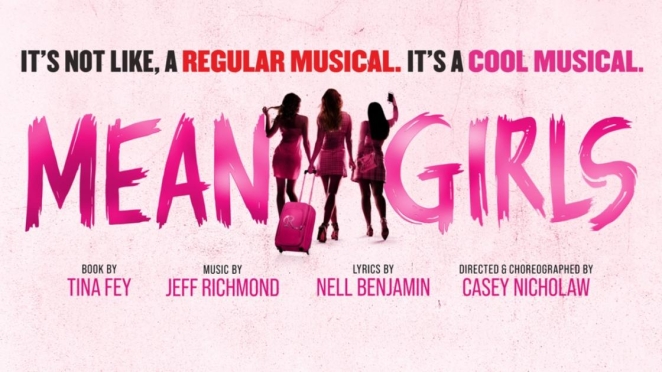
I have yet to see the film, but I would also imagine there are plenty of nods to the LGBTQ+ community, social media and mental health in the new film, as these are perhaps the most pressing topics for Gen Z right now (aside from America’s potential sleepwalk into a dictatorship, of course, but let’s not go there right now).
Risks Associated with Nostalgia Marketing
Of course, while nostalgia can be a powerful tool, it comes with inherent risks. Over-reliance on past successes, for example, can lead to unoriginal or uninspired products that fail to resonate with either new or existing audiences and this is something we’ve seen happen time and time again. Does anyone remember how many times they’ve tried and failed to reboot the Power Rangers, for example?
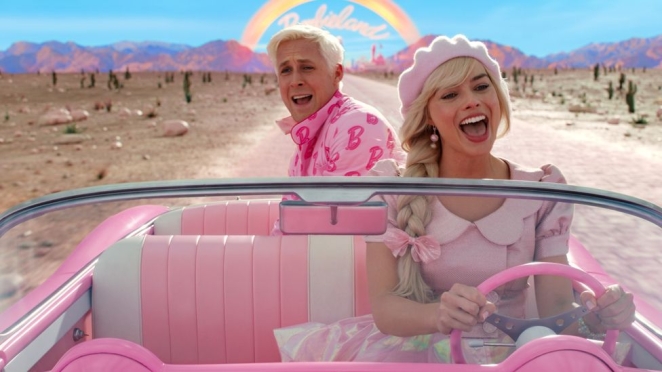
Nostalgia can also sometimes alienate younger audiences if not integrated with contemporary elements they can relate to. You need something that makes the reimagining feel “earned.” Gen Z are an incredibly intelligent and self-aware group that know when they’re being cynically marketed to. So brands need to put the work in rather that relying on just nostalgia alone to do the heavy lifting.
Futureproof Reinvention
In an era of rapid change and uncertainty, nostalgia offers a comforting retreat to a seemingly simpler time and reinventing a brand can significantly enhance its value and future relevance. For entertainment properties, this means new markets and revenue streams, such as merchandise, spin-offs, and even theme park attractions. More than anything, however, it helps the brand stay relevant in an ever-changing cultural landscape.
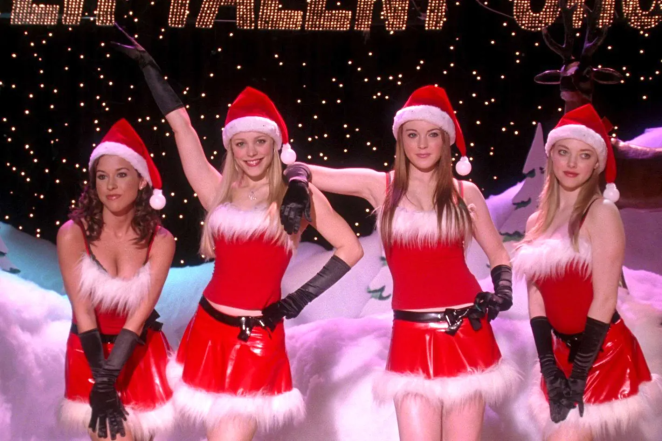
Nostalgia, when reinvented and adapted to contemporary contexts, can revitalise a brand, making it more valuable and robust. The key lies in striking the right balance between honouring the past and embracing the future, does the new Mean Girls achieve this? That remains to be seen but if it does, it’ll be interesting to see which of the two films people are still quoting in 20 years!
